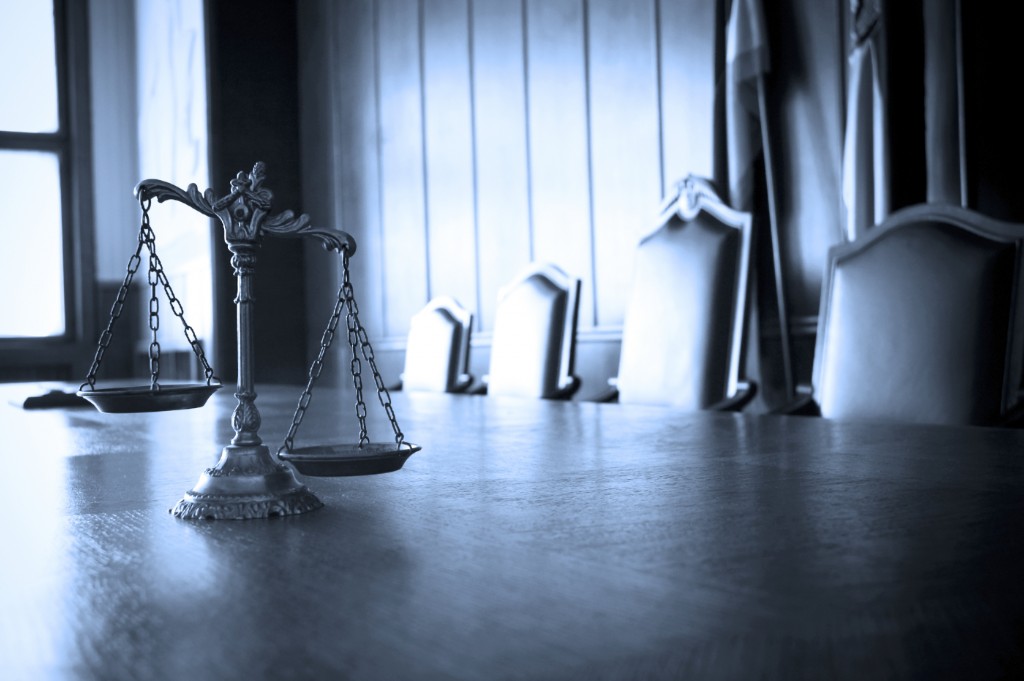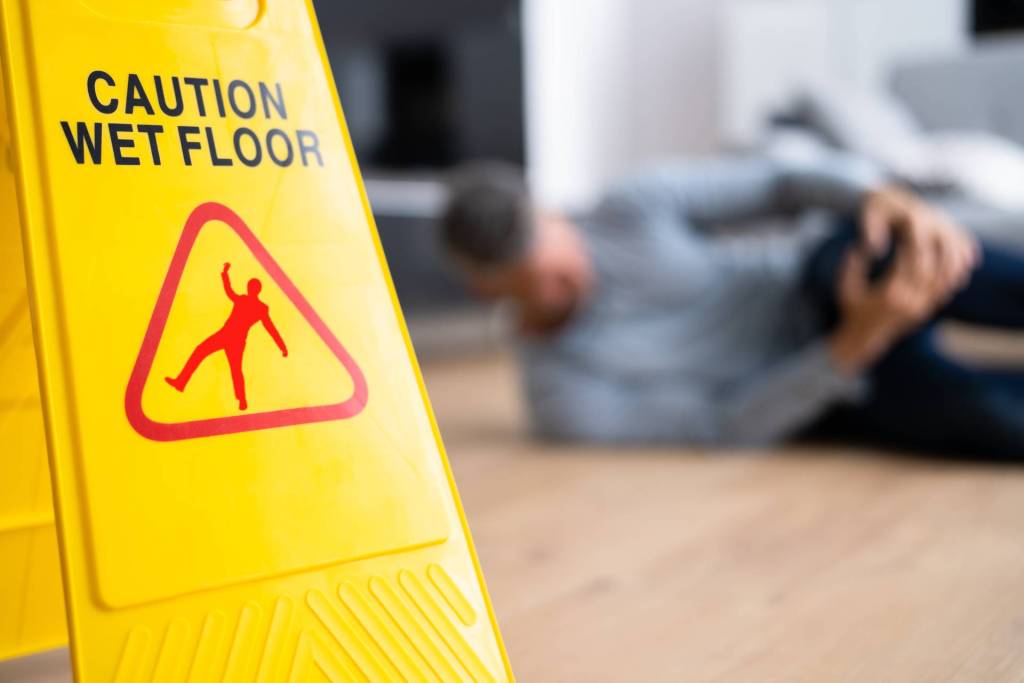When someone walks into an area marked as off-limits and injured, it might seem logical to assume that they have no legal recourse. That used to be true in California, but the law has changed. Read on to learn what your rights are if you slip and fall while walking in a restricted area.
What Is the Responsibility of the Owner of the Restricted Area or Property?
The owner of the restricted area or property is legally required to provide a reasonable amount of safety to anyone who enters their property, whether invited or trespassing.

This can mean anything from providing adequate lighting in stairways to mitigating icy sidewalks to putting up signs noting construction zones.
If I’m in a Restricted Area, Am I Trespassing?
Basically, yes. California law is clear that trespassing–being a place you know you shouldn’t be, usually because of signage or barred access–is illegal. However, the law is worded in such a way that makes it clear that the property owner must make it abundantly clear that the area or property is off-limits. If there is no signage, fences, or other barriers, it could be argued that the injured person didn’t know the area was restricted and entered it innocently. Legally, if someone “willfully” trespasses–that is, there’s adequate warning that the area they’re about to enter is restricted and they shouldn’t continue–they’re in worse legal shape than if they can persuasively claim they didn’t know the area was restricted.
In California law, there are two types of trespassers.
- Discovered trespasser. This is a person who enters a restricted space, and the owner of the space is aware of their presence. Sometimes someone trespasses regularly, and the owner is aware of it. They could be held to a higher level of negligence if they do nothing to make the area safe.
- Undiscovered trespasser. In this case, the owner of the restricted space is unaware of the trespasser’s presence. Many property owners will argue there was no way they could have known someone would trespass, therefore, they can’t be held liable for any injuries that occurred during the trespassing.

Either type of trespasser can file for damages for injuries sustained in the restricted area, but again, what they receive depends on whether they willfully trespassed or not. Even if the property owner wasn’t aware of the trespassing, they were still responsible for a duty of care.
Can I Receive the Same Level of Damages as I Would if I Was Injured in a Non-Restricted Area?
This will vary from case to case. But one thing to be aware of is that why you were in the restricted area can affect the damages awarded. Suppose someone is committing a felony, such as theft, and the property owner has provided a reasonably safe environment. In that case, the injured party is less likely to receive full damages, and possibly none.
What Kinds of Damages Might Be Awarded to Me?
Two types of damages can be requested in slip-and-fall injury cases: Economic and non-economic.
- Economic damages. As the term implies, these types of damages are meant to reimburse the injured person for out-of-pocket expenses they incurred because of the injury. That can include lost wages from being unable to work, medical bills, costs of medical equipment, and any related physical or occupational therapy.
- Non-economic damages. This is a more subjective category of damages. Rather than quantifiable amounts for things such as the economic damages cover, this provides a financial payout for pain and suffering, emotional trauma, or a reduction in the enjoyment of one’s life.
What Is the Duty of Care in Personal Injury Law?
Duty of care is a legal term that is used in personal injury cases. In these cases, it means the owner of the restricted area owes anyone who comes to that area a duty of care, which means they need to provide a safe environment. If the property owner didn’t provide a safe environment, they’ve breached the duty of care. Because of that breach, someone became injured. These are the grounds that need to be proven to succeed with a slip-and-fall injury case.
What Should I Do if I Was Injured When I Slipped and Fell While in a Restricted Area?
Give us a call at 559-277-7300 to set up a consultation. This is a complicated situation involving the property owner and their legal or insurance representatives pushing the narrative that you shouldn’t have been on the property in the first place and therefore they don’t owe you anything. It takes a knowledgeable, experienced personal injury attorney to push back against that narrative and focus on what California law actually says. We can work with you to determine the best way to seek damages for your injuries.

Something you should not do: Speak with or exchange written communications with the property owner’s attorney or insurance representative. Their goal is to protect the property owner and pay out little to nothing in damages. To that end, they’ll ask leading questions to try and get you to admit you were breaking the law or knew you were on the restricted property, or even that the injury itself was your fault. They may try to get you to accept a much lower settlement than you’d get if the case went to court. When they attempt to contact you, whether by phone or in writing, don’t answer any questions or agree to any settlements. Just refer the matter to your attorney.




